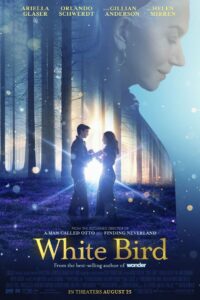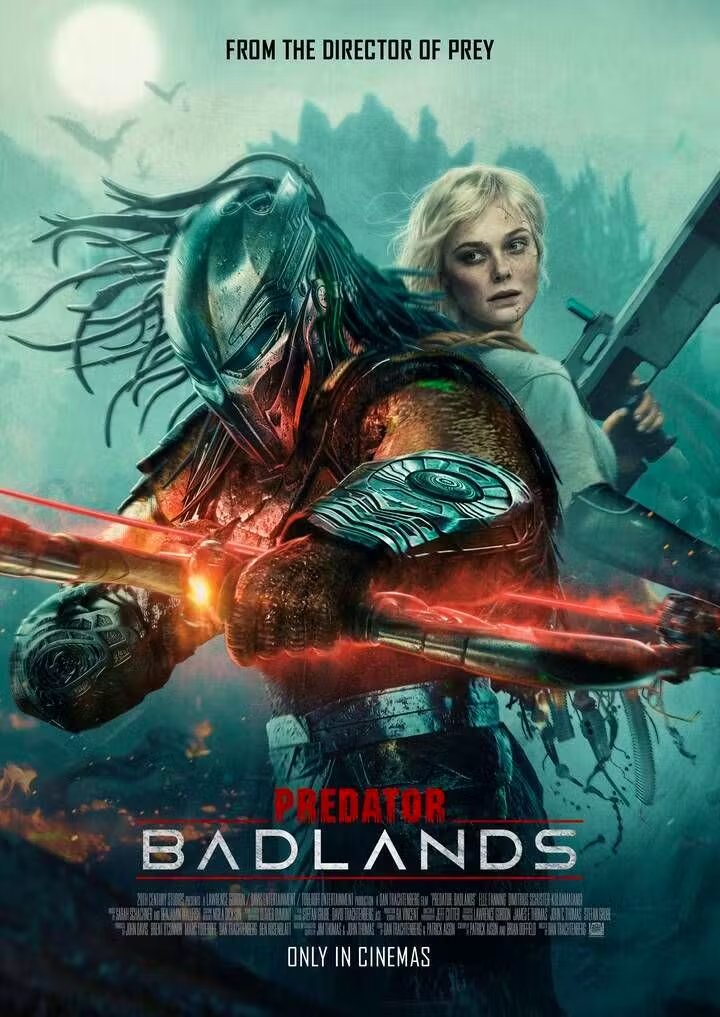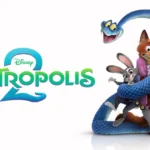
Wonder – White Bird
So, it’s 1942 and we meet this 15-year-old girl named Sara living in Alsace, which is part of the unoccupied France at the time. But then, as time goes on, the German presence becomes more intense and dangerous with roundups starting to happen. Here’s where things get interesting: Sara gets saved by a family that includes Julien, a boy who has polio. At first, she kind of kept her distance from him but slowly they form a solid friendship while she’s hidden away for quite some time.
Now the movie tries really hard to stick closely to the book it’s based on but ends up not really capturing some important messages from it.
Marc Forster had this idea: considering how well “Wonder” did—especially grabbing people’s attention with stars like Julia Roberts and Owen Wilson—he thought maybe he could ride off that success wave for his movie here too. But turns out connecting it with “Wonder” feels pretty forced.
Like, there’s this bully from “Wonder” who gets expelled at the start in an effort to link back to Helen Mirren’s granny character talking about her tough past as a young Jewish girl running from trouble. What ties these together? Well, both are stories written by R.J. Palacio—author of both “Wonder” and this graphic novel Forster’s new flick is based on.
Here’s where it kind of falls apart though… Just ’cause something works well in a book doesn’t mean it’ll click the same way on screen. And you’d think Forster—who directed stuff like “Christopher Robin” or even “The Kite Runner”—would know that better than anyone!
So, this movie doesn’t hold back on showing how some French folks sided with the Nazis during the occupation. It even goes as far as turning a young person into someone more ruthless than the Nazis themselves.
But here’s where it gets a bit off track: it mixes in stuff that feels like it’s from a fairy tale or just doesn’t fit with the serious tone. Like, okay, it works when Julien, who’s helping as a projectionist, imagines movies on the wall of where Sara is hiding. But there’s one scene that’s just too much—something about wolves showing up out of nowhere. It sticks out like a sore thumb and messes with the story’s believability.
Also, they keep bringing up this little bird flying free—it kind of weakens what could have been the core story: seeing people learning to understand each other when roles reverse. Like Sara stops bullying Julien for his disability when she ends up feeling what it’s like to be picked on.
This movie had real potential to connect with younger audiences in some parts, but sadly, it didn’t quite hit the mark all the way through.
To watch movies and TV shows online, please sign up with our partner, a legit streaming service.
Get Started ➔






